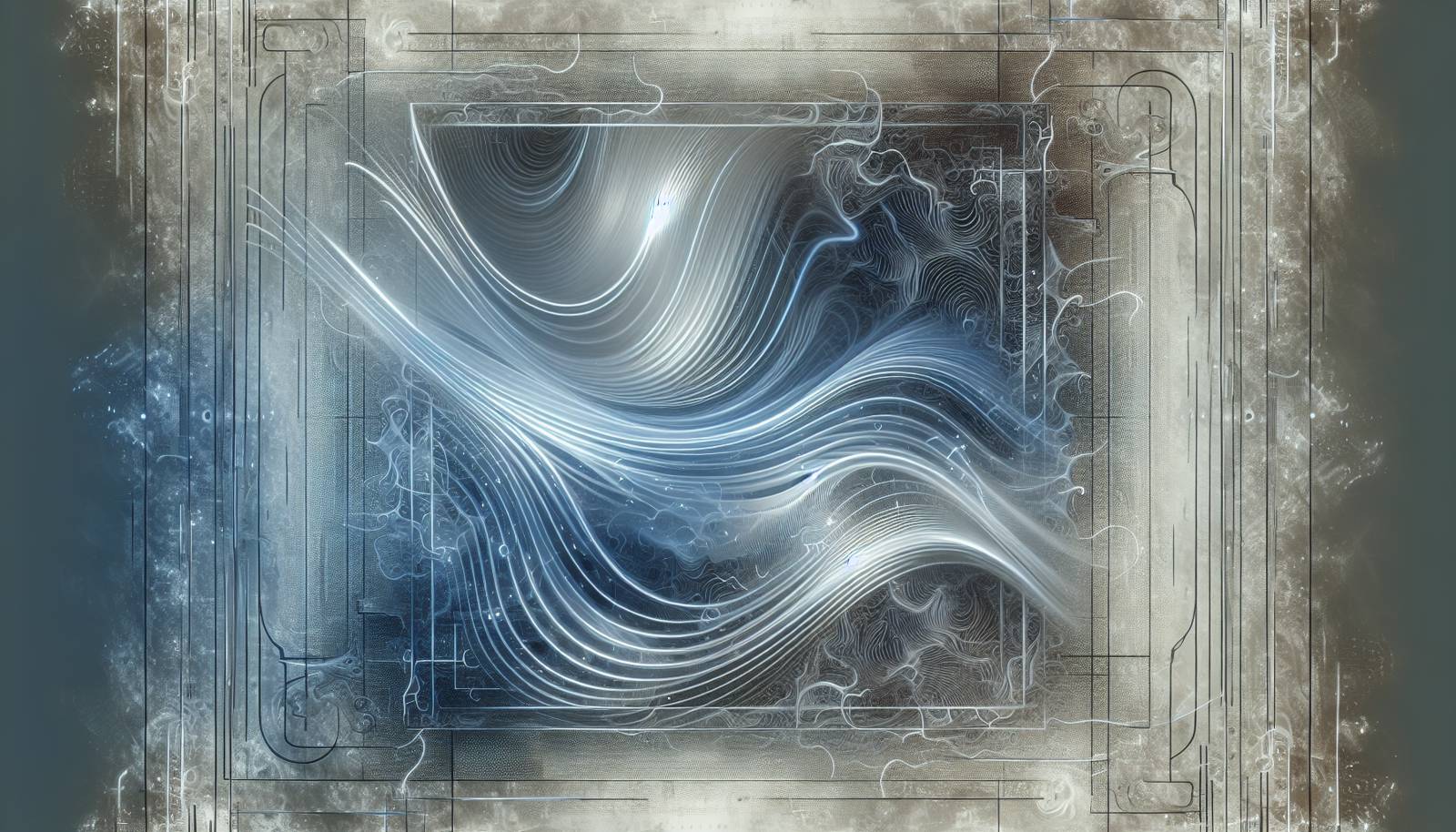
FAQ About The Role of Artificial Intelligence in Music Composition

What is artificial intelligence in music composition?
Artificial intelligence in music composition refers to the use of computer algorithms and software to create, assist, or enhance the process of writing music. AI techniques can range from simple rule-based systems to advanced machine learning and neural networks that analyze vast datasets of music to generate new compositions.

How does AI create music?
AI creates music by analyzing patterns in existing musical works and using these patterns to generate new compositions. Techniques such as machine learning and deep learning allow AI systems to learn from vast amounts of music data, understanding elements like melody, harmony, rhythm, and genre to craft new pieces that adhere to or innovate upon these elements.

Can AI compose music better than humans?
AI has the ability to compose music that is technically proficient and can mimic specific styles, but whether it is 'better' than human compositions is subjective. AI excels in generating compositions quickly and offering novel combinations that might inspire human creativity. However, the emotional depth, cultural context, and unique personal nuances in music are still challenging for AI to replicate fully.

What tools exist for artists to use AI in music composition?
There are numerous tools available for artists interested in using AI for music composition. Popular options include OpenAI's MuseNet, Google's Magenta Studio, AIVA (Artificial Intelligence Virtual Artist), and Amper Music. These tools offer a range of functionalities, from generating compositions in specific styles to collaborating with musicians to create new works.

How is AI changing the landscape of music production?
AI is revolutionizing music production by automating elements of the creative process, such as generating melodies, harmonies, and even entire compositions. This allows for faster production cycles and the ability for creators to experiment with new sounds and styles more easily. Additionally, AI can assist in sound engineering and mixing, offering technical precision and consistency.

Are there any famous musical pieces composed by AI?
Yes, there are several well-known musical pieces composed by AI. AIVA, one of the AI composers, has created classical music pieces used in various movies and video games. Additionally, AI-generated music has been experimented with in live performances and art installations, showcasing its potential to innovate and inspire within the music industry.

What are the ethical concerns regarding AI in music composition?
Ethical concerns regarding AI in music include issues of copyright, authorship, and originality. As AI generates music, questions arise about who owns the rights to those compositions – the developers of the AI, the users, or potentially nobody. Furthermore, there is a debate on the value and originality of AI music, as it often derives from patterns in existing works.

How does AI assist musicians in their creative process?
AI assists musicians by providing tools that can quickly generate compositional ideas in various styles and complexities. This can inspire musicians by offering new directions and overcoming creative blocks. Additionally, AI can help in the arrangement, orchestration, and modification of existing music, making it a versatile tool in a musician's workflow.

Can AI personalize music for listeners?
AI can certainly personalize music for listeners by analyzing their listening habits and preferences to generate or curate music that matches their tastes. Platforms that use AI for music recommendations, such as Spotify and Apple Music, utilize these techniques to offer personalized playlists and song suggestions.

Is there a difference between AI-generated music and traditional music?
While AI-generated music can mimic traditional music styles and forms, there are differences in the creation process. AI compositions are based on algorithms and pattern recognition, and while they can adhere to musical rules, they may lack the intentional emotional and cultural expressions typically embedded by human composers. Nonetheless, AI music can be indistinguishable to the untrained ear in some contexts.

How do AI music algorithms work?
AI music algorithms work by learning from large datasets of existing music, identifying patterns, and employing those patterns to create new compositions. Techniques such as neural networks are often used, which can learn intricate details of musical structures and styles, allowing AI to innovate while maintaining musical coherence.

What impact does AI have on the job market for musicians?
AI’s impact on the job market for musicians can be both positive and negative. While it offers new opportunities for creativity and efficiency, it might also lead to fewer traditional roles as some aspects of music creation and production become automated. However, AI also creates new roles in music curation, AI-tool development, and the fusion of technology with artistry.

How do major music companies use AI in production?
Major music companies use AI to analyze listener data for marketing and A&R purposes, optimize the production process, and create music tailored to current trends. AI tools help in refining sound quality, automating parts of composition and song arrangement, and even predicting hits based on listening patterns and market research.

Is AI music composition accessible to amateur musicians?
Yes, AI music composition is accessible to amateur musicians through various user-friendly software and platforms. Many of these tools offer intuitive interfaces and require no technical expertise in programming, allowing users to experiment and create music efficiently. Some platforms even offer royalty-free music creations that amateurs can utilize.

Can AI emulate the style of famous composers?
AI can emulate the style of famous composers by analyzing the stylistic elements present in their works, such as harmonic progressions, rhythmic patterns, and instrumental use. Tools like MuseNet and AIVA have been trained to mimic the styles of composers ranging from classical to contemporary, offering intriguing insights and creations in those unique styles.

What are the limitations of AI in music creation?
The limitations of AI in music creation include a lack of emotional understanding and cultural context that human composers typically infuse into music. While AI can produce technically correct compositions, it might struggle to recreate the soul or deeper meaning that comes from human experience and storytelling. Additionally, AI often relies on existing music data, potentially limiting innovation.

How does AI help with music education?
AI assists in music education by providing tools that can analyze student performances, offer real-time feedback, and personalize learning experiences. It can create interactive environments for learning music theory, composition, and even instrument playing, encouraging students to engage more dynamically with music education.

What is the future of AI in music composition?
The future of AI in music composition likely involves deeper integration with human creativity, leading to new forms of collaboration between artists and machines. As AI technology advances, it may continue to impact music creation, distribution, and consumption, potentially leading to more personalized, innovative, and diverse musical experiences across the globe.

How do AI and human composers collaborate?
AI and human composers collaborate by using AI tools to suggest musical ideas, assist in sound design, or streamline the composition process, allowing human composers to focus on creative nuances. This collaboration often results in unique compositions that find a balance between technical innovation and artistic expression.

What challenges does AI present in the music industry?
AI presents several challenges in the music industry, including potential job displacement, the need for new business models, and ethical concerns surrounding authorship and copyright. There is also the challenge of ensuring the quality and authenticity of AI-created music, necessitating ongoing discussions about the role of AI in creative professions.
